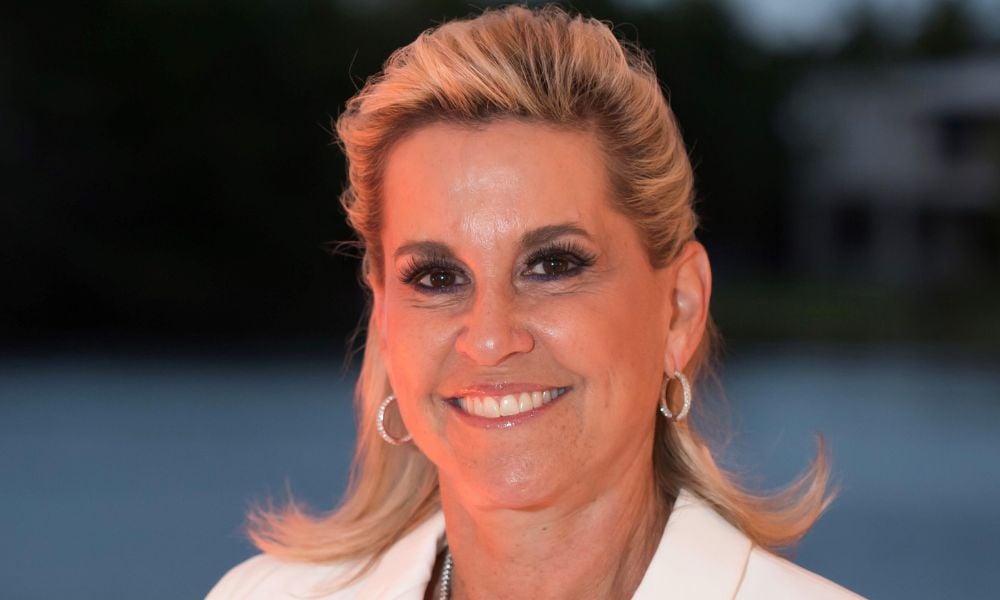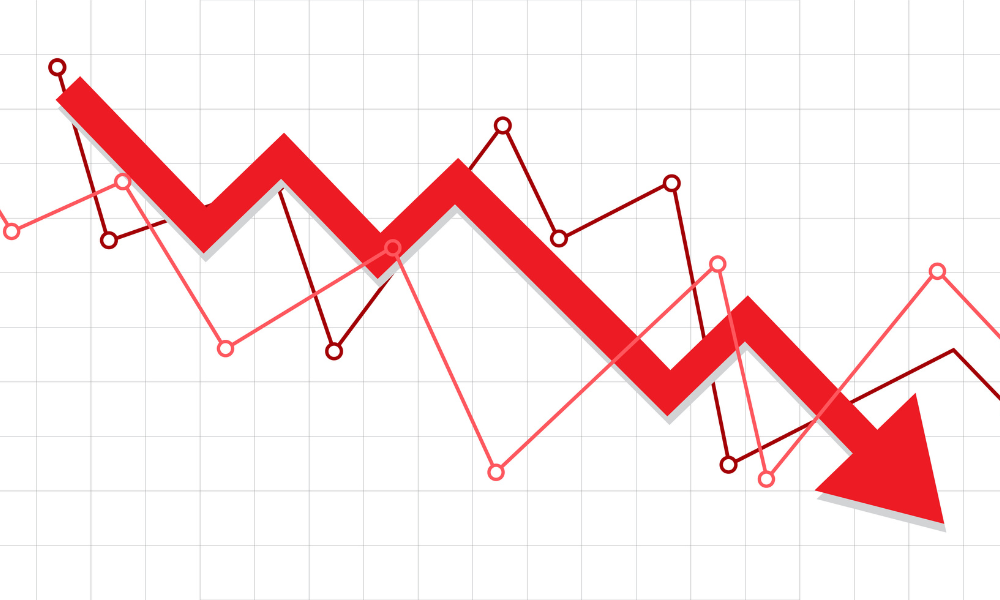For one female investment advisor, firsthand experience has been the blueprint for empowering and empathetic approach

Melissa Prusky is a woman on a mission.
As a female advisor, Prusky knows how important it is to provide education and emotional support to the female clients at her practice. And due to her own unique experience, she’s also perfectly positioned to help clients navigate one of the most exhausting and emotionally trying life transitions: divorce.
“It really does change your life,” says Prusky, senior investment advisor with the Prusky Garcia Team at Mandeville Private Client in Toronto. “I was blindsided in the beginning and for the entire way through. I found it so difficult to navigate – I had nobody to guide me or help me. I never want anyone to feel that sense of being ‘lost.’
“My approach is all about empowerment. It’s all about knowledge and understanding,” she says. “Having gone through it myself, I can proactively help women to know what to expect and what’s coming next.”
The great wave of grey divorce
Since the passing of Canada’s first federal Divorce Act in Canada in 1968, divorce rates have been on the decline. A 50-year look at divorces across the country by Statistics Canada showed the number of recorded divorces ebbing to 42,933 in 2020 – the lowest since 1973 – which included a sharp 25% annual drop from 2019 as the COVID-19 pandemic made accessing courts services difficult.
But according to Prusky, that declining trend masks an undercurrent of rising grey divorces – divorces for those over 50 – which is impacting women from the Baby Boomer generation. The figures from Statistics Canada show that divorce among persons aged 50 and older rose by 26% between 1991 and 2006, contributing to a rise in the average age at divorce from 36.2 years old in 1980 to almost 46 years more recently.
“Baby boomers are very different than other divorcing women,” Prusky says. “Most of these women stayed home, raised their children, took care of the family and had all these domestic responsibilities, so they didn't make a salary even though they worked equally as hard as their spouse.”
As Prusky notes, divorce is a financially and emotionally draining ordeal. Especially for those going through a grey divorce, she says the process can even have negative physical impacts in the worst cases, like high blood pressure, lack of sleep, stress, and anxiety.
“The younger generation, those going through a divorce today at an earlier point in their lifetimes … it’s a little bit different for them. They’re not getting married in their 20s like we did,” she says, pointing to the declining divorce rate overall among Canadians under 50. “It’s more often in their late 20s, 30s, and 40s, so they’ve built a career and have a strong financial asset base.”
‘More often than not, both spouses feel like they’re losing’
The fallout of a grey divorce isn’t the same for men and women, Prusky adds. While she estimates that men’s standard of living declines by 21% after a grey divorce, women’s standard of living plunges by 45%.
“It’s much harder to bounce back from a divorce when you’re over 50,” she says. “It impacts your relationships, your friendships, your children … It touches everyone. It’s not just about wealth.”
And while many clients may believe they’re prepared for divorce, she says the acrimonious dynamic between most divorcing couples makes it a devastating experience.
“More often than not, both spouses in a divorce feel like they’re losing,” she says. “One spouse is angry because they worked all this time, and now they’re giving up all this money. The other is angry because their whole life, they took care of family, and everything is changing especially their financial situation.”
Today, Prusky strives to give her clients financial independence. For her couple clients, she makes sure both spouses understand each investment in every investment account. For women clients who have just gone through a divorce, it’s about determining how much money she has, what are her financial needs, and making sure she’s invested according to those needs.
More importantly, she wants clients to feel a sense of support and empowerment. Aside from giving divorcing clients sound technical and tactical advice – “each spouse should have a separate accountant post-separation,” or “be prepared for an equalization of assets in ways that might not currently help your financial situation today, but you will have to wait for several years into the future,” for example – she encourages her female clients going through divorce to consider her as a confidante. Friends and family can be judgmental or critical, while Prusky is simply there to support and listen, no judgement, no criticism.
“Ultimately, the important thing for them to remember is they’re not alone in that moment,” she says. “The more they lean on me, the lighter the burden will feel. … I have big shoulders. I can handle it. I can't promise to fix what’s broken, but I can certainly guide empathize and sympathize.”



